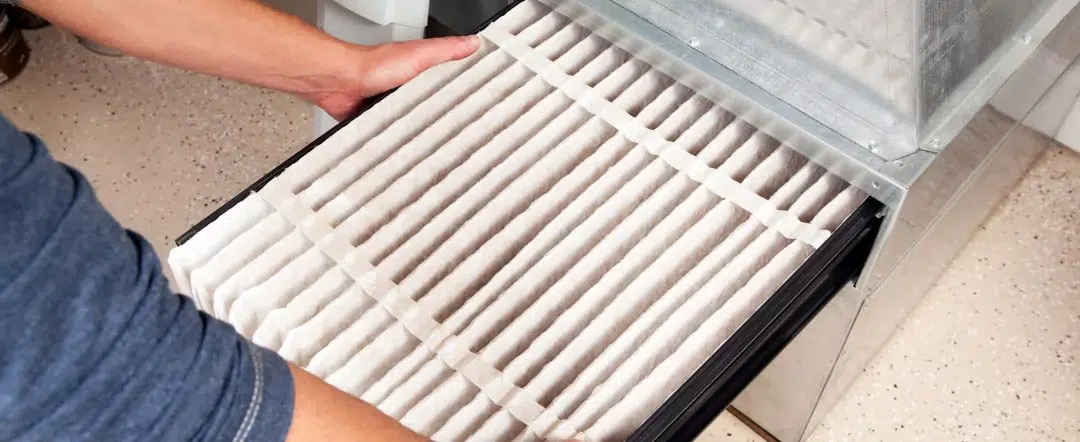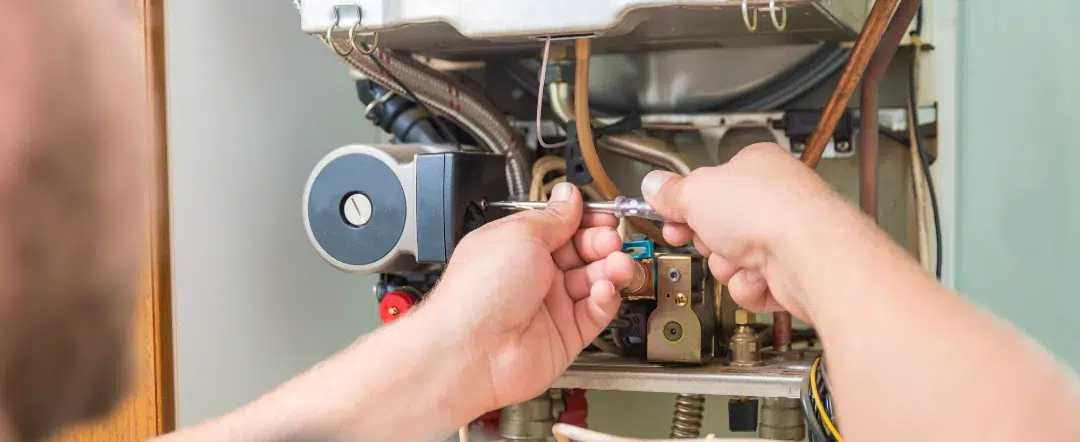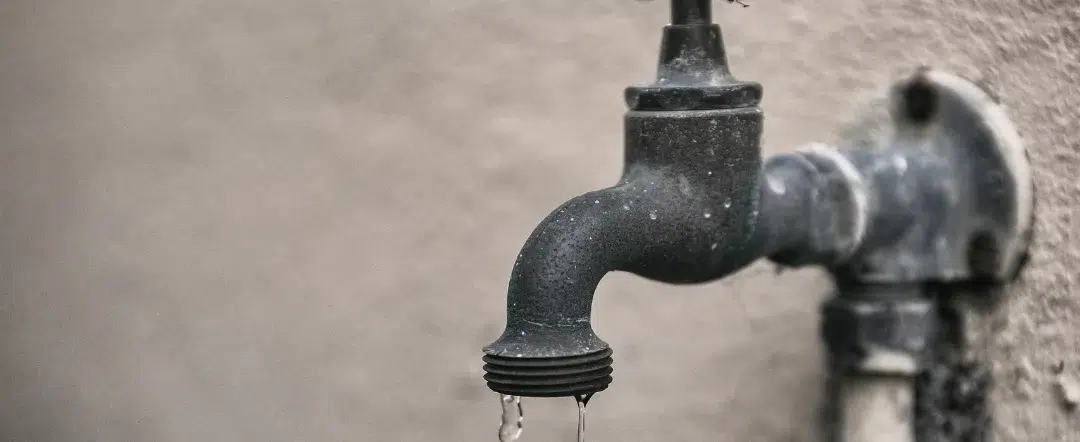Fast Guide to Filters: Understanding MERV Ratings
MERV stands for Minimum Efficiency Reporting Value. This rating gives you powerful information about how your air filter works. It’s important that homeowners understand what MERV ratings mean so they can select the proper filter for their Raleigh homes.
The Basics of MERV Ratings
MERV ratings range from 1 to 20. A filter with a higher rating lets fewer dust particles and contaminants through. Filters are tested for their ability to stop particles such as pollen, mold spores, dust, dander, tobacco smoke, bacteria, and carpet and textile fibers. To keep your filter operating at peak efficiency, you must change it at least once every three months and preferably once a month.
Understanding Efficiency
The lower the MERV rating on a filter, the lower its efficiency at filtering out contaminants and small particles. A filter with a rating between 1 and 4 offers minimal filtration, stopping only particles that are larger than 10 pm such as dust mites and pollen. Filters with an MERV rating between 5 and 8 stop particles from 3 to 10 pm, which includes substances like cement dust and mold spores. An MERV rating between 9 and 12 stops particles between 1 and 3 pm in size, like lead dust and auto emissions.
Extremely high-efficiency filters rated 13 to 16 stop particles as small as 0.3 pm, such as tobacco smoke. An MERV rating above 17 will filter particles smaller than 0.3 pm like viruses and carbon dust.
Finding the Right Rating
Though a filter with an extremely high MERV rating is capable of stopping miniscule particles, it can only do its job when installed in the right system. Check the recommended MERV rating for your HVAC system and don’t use a filter with a rating beyond this range. Your system will not be able to force air through a filter it’s not compatible with.
If you want to upgrade your HVAC system to operate with a more efficient filter, contact Air Experts at 919-480-2727 to learn about your options.
Image provided by Shutterstock







